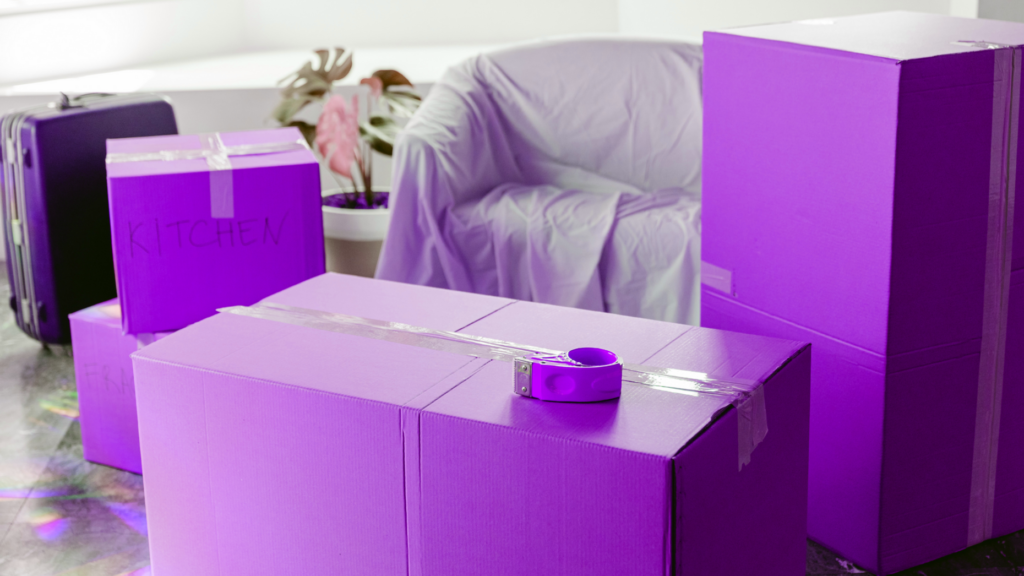Neighborhood quality is subjective, yet Realtors cannot recommend a neighborhood or steer clients into or out of a particular neighborhood, according to broker Teresa Boardman. Here’s what to do instead.
Are you receiving Inman’s Agent Edge? Make sure you’re subscribed here.
Choosing the right neighborhood or community to live in is getting harder all the time. Twenty years ago there weren’t nearly as many factors that get rated and ranked that have to do with livability.
Neighborhood quality is subjective, which is something to tell clients when they ask. Realtors cannot recommend a neighborhood or steer clients into or out of a particular neighborhood, yet often the first thing potential homebuyers ask is about which neighborhood is the best.
They ask their real estate agent to recommend a neighborhood because, after all, real estate agents market themselves as neighborhood experts.
Real estate agents should be able to answer questions about the housing stock and housing types in a neighborhood and about sale prices and average days on market. There are many things about housing that are just about the house and how to buy or sell a house. Knowing all that makes a person an expert.
Knowing where everything in the neighborhood is located helps, too. A neighborhood expert knows where the nearest off-leash dog park is and where to get pizza and beer.
For everything else, homebuyers can use the many sites and rating systems on the internet.
For some folks, choosing a neighborhood is about the school district. Good schools are important because they attract parents which is good for property values. Parents have to really believe in school rating systems and they have been a kind of a staple for homebuyers.
People want information about crime. Personally, I find that confusing because people are pretty mobile and crimes like identity theft and fraud are not limited to any particular neighborhood. I think the quality of the police department is important, too, as are security systems and locks.
Fortunately, homebuyers have just as much access to information about crime as I do and don’t need my help in deciding if a neighborhood is what they call “decent.”
AARP rates neighborhoods for “senior friendliness.” The ratings are based on factors like the availability of transportation, medical care and services for seniors. Even though an astonishing 1 percent of Americans over the age of 65 died of COVID in the last two years, the idea of “senior-friendly living” has survived.
Most neighborhoods have a sound score, easily found via Google. That’s a great resource for those who are looking for a quiet neighborhood or a noisy one.
The EPA has a site called “AirNow.” Type in a zip code and get an air quality score.
We now know that the zip code that we live in affects our health to the point where people in some zip codes live a few years longer than people who live outside of it.
Global warming has caused some migration and there will be more as parts of the planet become less habitable. People can choose the neighborhoods that are less likely to become uninhabitable at some point in the near future.
Droughts and fires are forcing a few home buyers I know to move from western states to Minnesota, but before they move here they should be aware that the smoke from distant fires sometimes makes the air unbreathable.
Consumers can research mass shootings and determine which cities and neighborhoods have the most mass shootings.
Walkability is important to some folks but it is more of an urban thing and that, too, can be researched and scored.
There are maps that can be assessed that show light pollution. I live in an area where it is never dark due to street lights and floodlights. Light pollution isn’t recognized even though it can negatively impact health. It is also a great location for anyone who is afraid of the dark.
Some neighborhoods are considered “food deserts.” That means it is hard to find fresh produce and nutritious food. There isn’t a rating system that I can find for food. The concept is kind of an urban inner-city thing.
The pandemic changed some neighborhoods as businesses closed or moved and traffic patterns changed as office workers stayed home and people without homes started living in some of the empty spaces and doorways.
Choosing the right neighborhood is important. Of course, one way to guarantee a great neighborhood with great schools, an excellent ZIP code, clean water, less noise and better health is to make a boatload of money and live among the wealthy. Unfortunately, only a privileged few can ensure that.



 Are You Interested in West Eleventh Residences Miami?
Are You Interested in West Eleventh Residences Miami? Are You Interested in ONE Park Tower by Turnberry?
Are You Interested in ONE Park Tower by Turnberry? Are You Interested in Diesel Wynwood Condominium?
Are You Interested in Diesel Wynwood Condominium? Are You Interested in Five Park Miami Beach?
Are You Interested in Five Park Miami Beach? Are You Interested in Cipriani Residences Miami?
Are You Interested in Cipriani Residences Miami? Are You Interested in Bentley Residences Miami?
Are You Interested in Bentley Residences Miami? Are You Interested in Baccarat Residences Brickell?
Are You Interested in Baccarat Residences Brickell? Are You Interested in Aria Reserve Miami?
Are You Interested in Aria Reserve Miami? Are You Interested in 888 Brickell Dolce & Gabbana | Miami?
Are You Interested in 888 Brickell Dolce & Gabbana | Miami? Are You Interested in 600 Miami WorldCenter?
Are You Interested in 600 Miami WorldCenter? Are You Interested in HUB MIAMI RESIDENCES?
Are You Interested in HUB MIAMI RESIDENCES? Are You Interested in WALDORF ASTORIA RESIDENCES?
Are You Interested in WALDORF ASTORIA RESIDENCES?